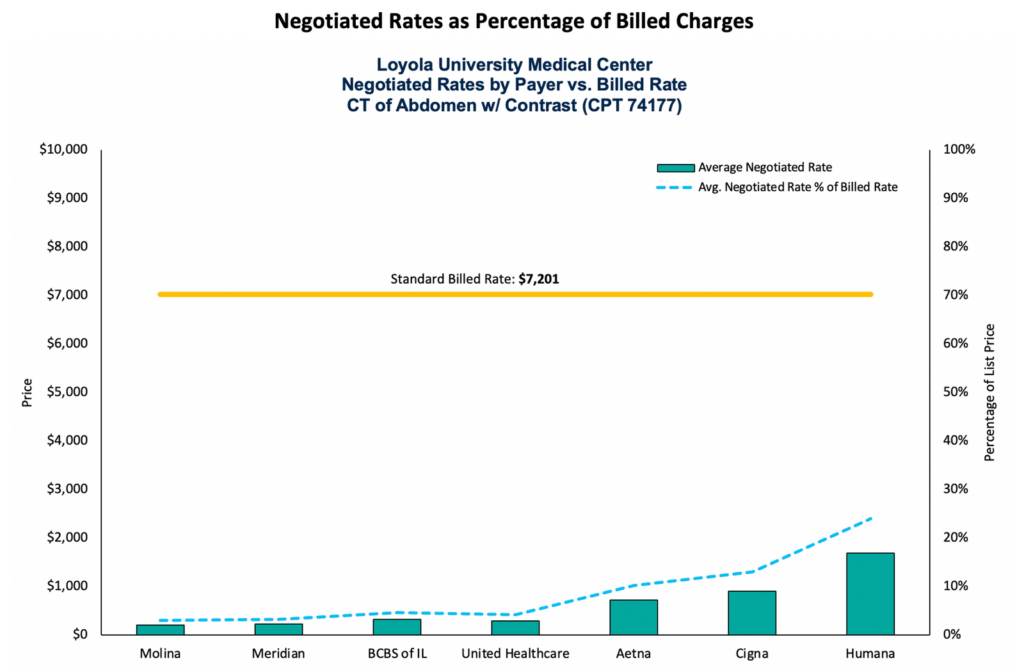
Congress remains on the campaign trail this week.
From the public health front —
- Fortune Well considers a change in the spread of Omicron. “COVID has splintered into multiple variants dominating different countries at the same time. Experts say these are some scenarios could play out.”
- The American Medical Association answers patient FAQs about the upcoming winter in which Covid is not expected to eclipse the flu.
- The FDA encourages Americans, including children, to get the flu vaccine.
- Fortune Well provides advice on who is a candidate for the monkeypox vaccine now that this vaccine is more widely available.
- ABC News reports
The Bill and Melinda Gates Foundation says it will commit $1.2 billion to the effort to end polio worldwide.
The money will be used to help implement the Global Polio Eradication Initiative’s strategy through 2026. The initiative is trying to end the polio virus in Pakistan and Afghanistan, the last two endemic countries, the foundation said in a statement Sunday.
The money also will be used to stop outbreaks of new variants of the virus. The announcement was made Sunday at the World Health Summit in Berlin.
The foundation says in a statement on its website that it has contributed nearly $5 billion to the polio eradication initiative. The initiative is trying to integrate polio campaigns into broader health services, while it scales up use of the novel oral polio vaccine type 2.
The group also is working to make national health systems stronger so countries are better prepared for future health threats, the statement said.
From the price transparency front, two consultants from the Berkley Research Group advise in Healthcare Dive
Payers can use hospital transparency data to gain insights regarding the rates hospitals have negotiated with other payers, which potentially can be used during contract negotiations. For example, payers can evaluate the negotiated rates for specific hospitals compared to their competitor health plans to gauge alignment with their proposed rates and discounts. This is illustrated in Figure 2, which shows the average negotiated rates for a CT scan of the abdomen (CPT 74177) for each payer who contracts with Loyola University Medical Center near Chicago, compared to the hospital’s standard billed charge for the procedure. As shown in the graph, the average negotiated rate as a percentage of billed charges (list price) ranges from 3% to 24% (about $200 to $1,800).

The article offers other approaches to using hospital transparency data, e.g., geographic methods.
From the Rx coverage front
Beckers Hospital Review tells us
CVS Health wants to be in charge of the “entire spectrum of someone’s health journey,” the company’s chief executive said at an Oct. 12 event in Boston reported on by the Boston Business Journal.
CEO Karen Lynch pointed to how the company already delivers medication at the pharmacy, finances treatments through insurance company Aetna, provides low-cost urgent care at its MinuteClinics, and now intends to give care at home through its planned $8 billion acquisition of Signify Health, she reportedly said at the Boston College Chief Executives Club meeting.
Ms. Lynch said the company also plans to expand into primary care and expects to announce an acquisition later this year, the Business Journal reported Oct. 13. CVS is rumored to be in exclusive talksto buy Cano Health, a primary care firm focused on seniors.
Ms. Lynch told the crowd CVS has advantages over fellow healthcare disruptor Amazon, which recently agreed to acquire primary care chain One Medical for $3.9 billion, according to the story. “[Customers] really want to trust and engage with companies that have earned the right to be in healthcare,” she said. “I think about Amazon as sort of a transactional company today.”
The American Hospital Association informs us
President Biden today directed the Center for Medicare and Medicaid Innovation to consider new payment and delivery models to lower drug costs and promote access to innovative drug therapies for beneficiaries, and report within 90 days on its plan and timeline for testing selected models. AHA will update members as more information on the plan becomes available.
The White House also released a fact sheet on this executive order.
The American Medical Association issued a research report titled “Competition in Commercial PBM Markets and Vertical Integration of Health Insurers with PBMs.” The report is chock-a-block full of various PBM rankings.
Speaking of the CMS innovation center, the American Hospital Association reports
The Centers for Medicare & Medicaid Services will extend through 2025 the Bundled Payments for Care Improvement Advanced model, which was set to expire this year. CMS launched the alternative payment model in 2018 to test whether bundling Medicare payments for certain inpatient and outpatient care reduces spending and improves quality. The agency expects early next year to request applications from Medicare providers, suppliers and accountable care organizations to participate in the two-year extension, which will include changes to the pricing methodology.
